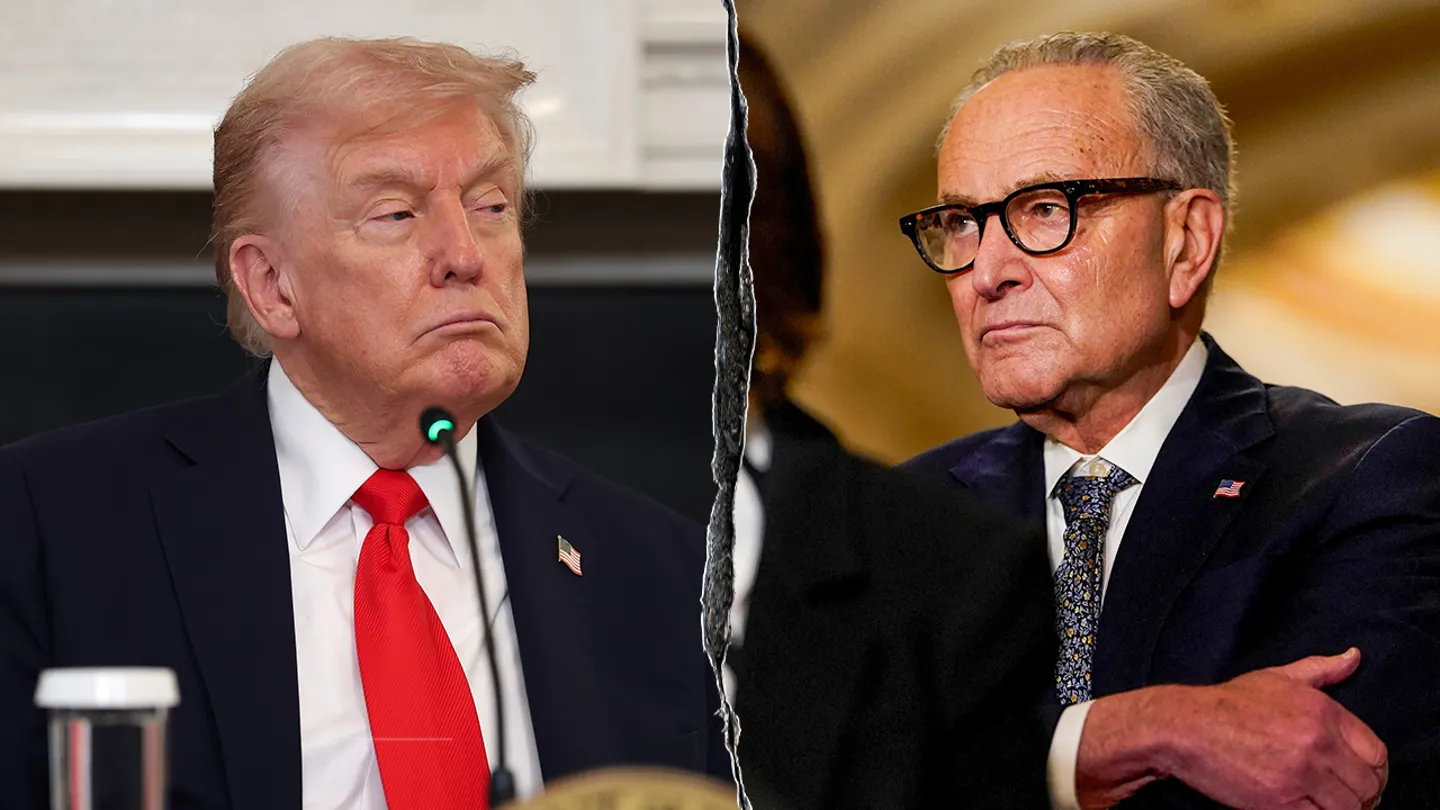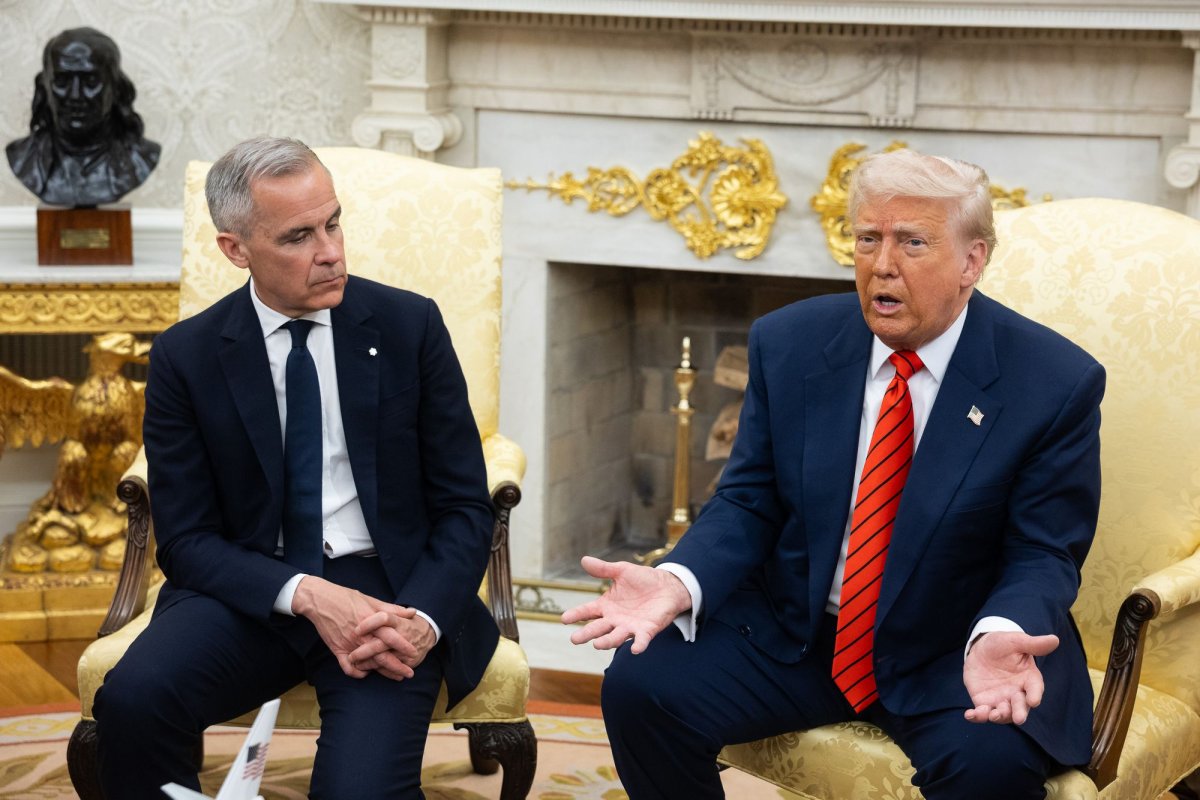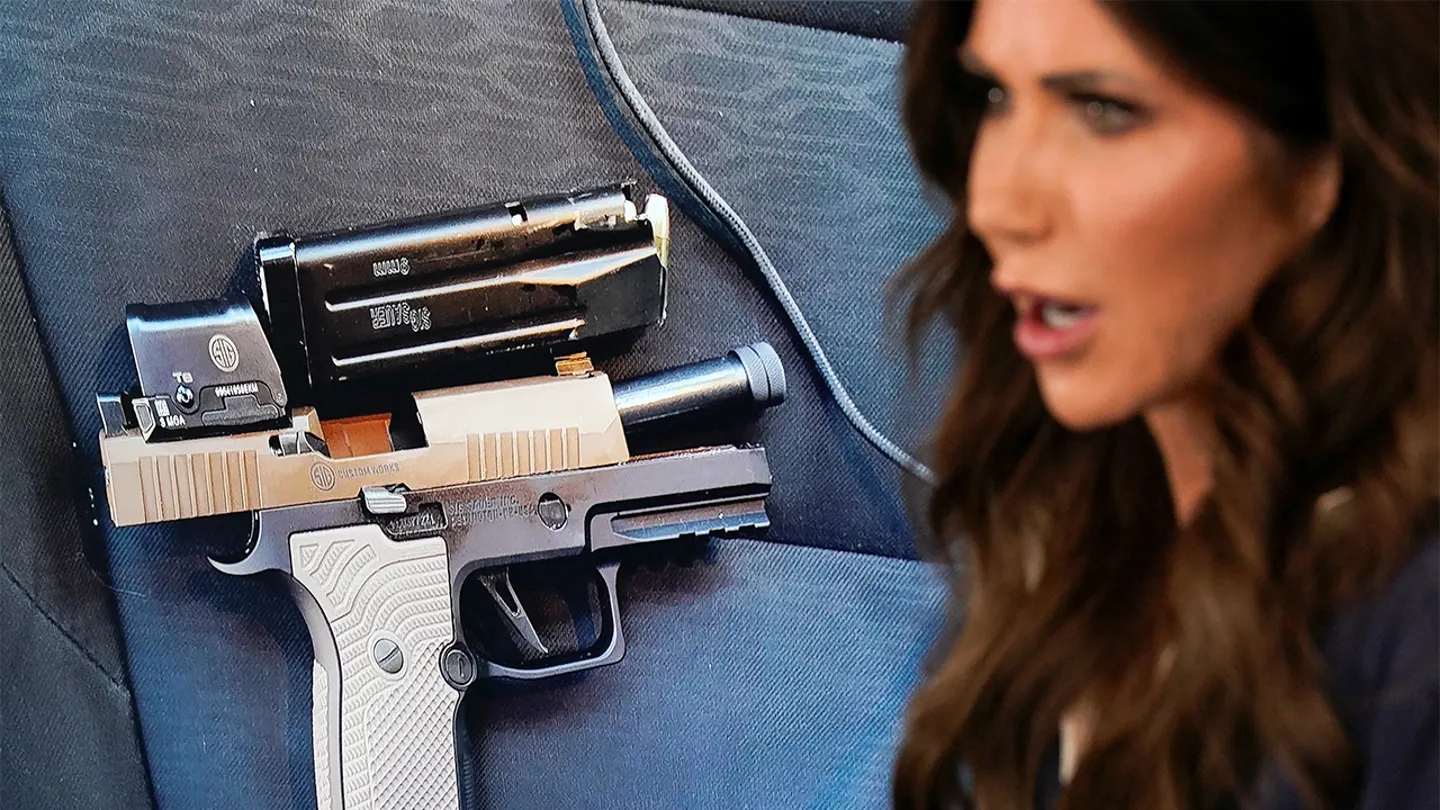WASHINGTON — Just five minutes into a meeting with President Joe Biden, a Palestinian American doctor who has treated gravely injured patients in Gaza couldn’t bear to stay, so he left.
Dr. Thaer Ahmad, who specializes in emergency medicine, recalled getting emotional when talking about the many Palestinians he cared for, describing the scale of death in the six months since the war began.
“The decision to leave was a personal one,” he told NBC News in a phone interview, explaining he wanted to show the White House that “it was important to recognize the pain and the mourning that my community was in.”
Ahmad stressed that he wanted “to let the administration feel the way that we felt this past six months and kind of get up and walk away from them.”
He was one of only six Muslim American community leaders who attended a small meeting on Tuesday with Biden, Vice President Kamala Harris and senior administration officials at the White House.
Many others who had been invited to attend declined, according to multiple sources familiar with the outreach, underscoring the deepening tensions between the administration and the Muslim and Arab American communities over the president’s support of Israel in its bombardment of Gaza. More than 30,000 people have died, according to health officials, since Hamas’ terrorist attacks in Israel on Oct. 7 and the group is still holding more than 100 hostages captive.
Another doctor who attended was taken aback when she showed Biden prints of photos of malnourished children and women in Gaza — to which Biden responded that he had seen those images before. The problem, the doctor said, was that she had printed the photos from her own iPhone.
“This speaks volumes to the dismissive nature of the administration when it comes to strong-willed action towards a permanent cease-fire or, at a bare minimum, a red line on the invasion of Rafah,” Dr. Nahreen H. Ahmed told NBC News.
Before leaving the meeting early, Ahmad handed a letter to the president from an 8-year-old orphan in Rafah, the southernmost city in Gaza.
“There is an incredible amount of urgency around this,” Ahmad said, expressing deep skepticism that Israel’s military campaign can be done “in a sophisticated or tactical way” that doesn’t put innocent civilians at risk.
During the 90-minute meeting, which took place behind closed doors, Biden told attendees that he will not call for a permanent cease-fire between Israel and Hamas until all the remaining hostages are released, according to two people familiar with his comments.
The president “listened respectfully,” a third source briefed on the meeting said, and pledged to continue working to “significantly increase” humanitarian aid into Gaza.
Throughout the discussion, other doctors who have spent time in Gaza spoke about their harrowing experiences, including the danger they experienced in trying to help others, a Muslim rights activist who attended the meeting said. They also showed Biden and Harris photos of injured patients, including children, the activist said.
Biden thanked the Muslim American community leaders for attending the meeting and acknowledged that many people had expressed concern about attending an event at the White House while so many Palestinians are suffering, these people said.
Salima Suswell, founder and chief executive of the Black Muslim Leadership Council, who attended the meeting at the White House, said she felt like Biden and Harris both listened closely to the attendees and understood their perspectives.
“I thought that it was important to accept the invitation to meet with the president, the vice president and their senior administration officials today, because I have been consistent regarding the importance of engagement,” Suswell said. “It was important for me to let the president know that Black Americans and Black Muslim Americans are deeply hurting about what is happening in Gaza.”
Harris also delivered remarks that reiterated Biden’s stance and seemed designed to soften criticism of Biden’s position on the war, namely that he values the U.S. relationship with Israel more than Palestinians. She said Biden was “sincere” in his concerns, according to an attendee. She told the group she sees how much the war and the civilian death toll are “weighing on” the president and insisted he is “doing absolutely everything that he can to put an end to this war.”
Biden said, according to one of the attendees, that if Israel tries to obstruct the ability to bring aid into Gaza, the U.S. will push back and advocate for more resources to be brought into the region.
Last Thursday, the United Nations’ highest court ordered Israel to open more land crossings to allow food, water, fuel and other supplies into Gaza after reports that the Israeli government was blocking lifesaving supplies from reaching the devastated enclave. Israeli officials have repeatedly denied obstructing aid from entering Gaza, and instead blame the U.N. for acute shortages of lifesaving supplies in the strip — particularly the north.
The president did not specify what the U.S. would do to ensure aid can be safely delivered, the attendee said.
Just this week, seven aid workers with disaster relief charity World Central Kitchen were killed by an Israeli airstrike, adding to the 200 who have already died since the war started in October. The aid group said its convoy was hit as it was leaving a warehouse in the Deir al-Balah area of central Gaza, where the team had unloaded more than 100 tons of humanitarian food aid that the charity had brought to Gaza by sea earlier in the day.
In the meeting, one attendee said it appeared Biden and Harris were careful not to discuss what is taking place behind the scenes to negotiate a possible six-week cease-fire between Israel and Hamas, the attendee said.
After it concluded, the Muslim American community leaders departed and a small group of Muslim staffers participated in a scaled-back iftar dinner with Biden, Harris and other senior administration officials.
In years past, the White House hosted larger receptions related to Ramadan, including several Eid celebrations that attracted hundreds of guests and included public remarks from the president.
Several Arab American and Muslim American leaders rejected invitations in recent weeks, specifically citing their discomfort with participating in a celebration when so many in Gaza are facing starvation, two people who received invitations told NBC News.
“President Biden and Vice President Harris know this a deeply painful moment for many in the Muslim and Arab communities,” a White House official said. “President Biden made clear that he mourns the loss of every innocent life in this conflict.”
Senior White House officials and Biden campaign aides have attempted to meet with key members of Muslim and Arab American communities in recent months but have often received icy receptions.
“The president and vice president will continue to engage with Muslim and Arab American communities and listen to the voices of all impacted by this conflict,” the White House official said.
Ahmad, the doctor who left the meeting, said he plans to go back to Gaza soon and is “legitimately concerned that I may be killed in the process.”
If that happened, he said, “it’s hard to think” it could happen from a “2,000-pound bomb that the U.S. gave to Israel.”
“That my government would have had a hand in that, I just hate that,” he said. “That’s kind of the thoughts that are crossing my mind.”




